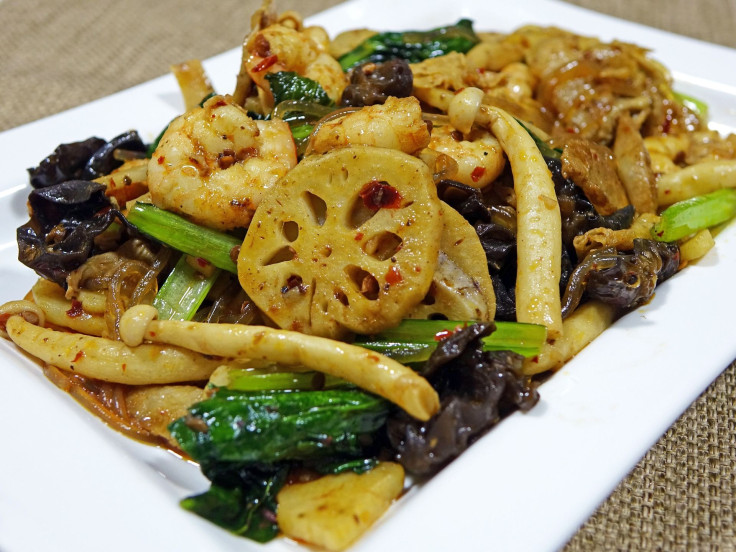Love Spicy Foods? Eating Too Much Chilli Can Cause Memory Loss, Study Says

Spicy foods are loved by many people worldwide, especially those in Asians. But everything that is used to spice up the dishes is not good for health, according to a study. The study found that too much of chilly consumption can lead to memory loss.
The research published in the medical journal Nutrients, in May, tried to find an association between a spicy diet and dementia. The study's authors found that those who consume more than 50 grams of chili a day are at higher risk of poor cognition and memory decline.
Capsaicin, which is an active component in chili, is known for its role in inhibiting vascular disorders, fat loss and speeding up metabolism. But this is the first time scientists have found an association between cognitive function and chili intake.
For the 15-year-long study, Zumin Shi and team observed a total of 4,582 Chinese adults aged 55 and above. During the study, the researchers found that chili is mostly consumed by people with low body mass index and lower income. It is also worth noting that these individual are physically very active compared to others.
At the end of the study, they found that the participants who ate more than 50 grams of chili a day experienced faster cognitive decline. The impact was more in those participants who were slim.
The research suggested that excess amount of chili consumption is more likely to increase the risk of poor cognition and memory decline in an individual compared with the one who is having less than 50 grams of chili a day.
“Chili consumption was found to be beneficial for body weight and blood pressure in our previous studies. However, in this study, we found adverse effects on cognition among older adults,” the lead researcher said in a statement.
Epidemiologist Ming Li from the University of South Australia, who is a co-author of the study, explained that only fresh and dried chili peppers have been found harmful for the brain. Black pepper and sweet capsicum did not show any adverse effect on a person’s health.
“Chili is one of the most commonly used spices in the world and particularly popular in Asia compared to European countries. In certain regions of China, such as Sichuan and Hunan, almost one in three adults consume spicy food every day,” Li said.
However, it is not clear if chili consumption and cognitive decline have any association with education levels and body weight. The researchers said more studies are required to find if those links exist.
© Copyright IBTimes 2025. All rights reserved.





















